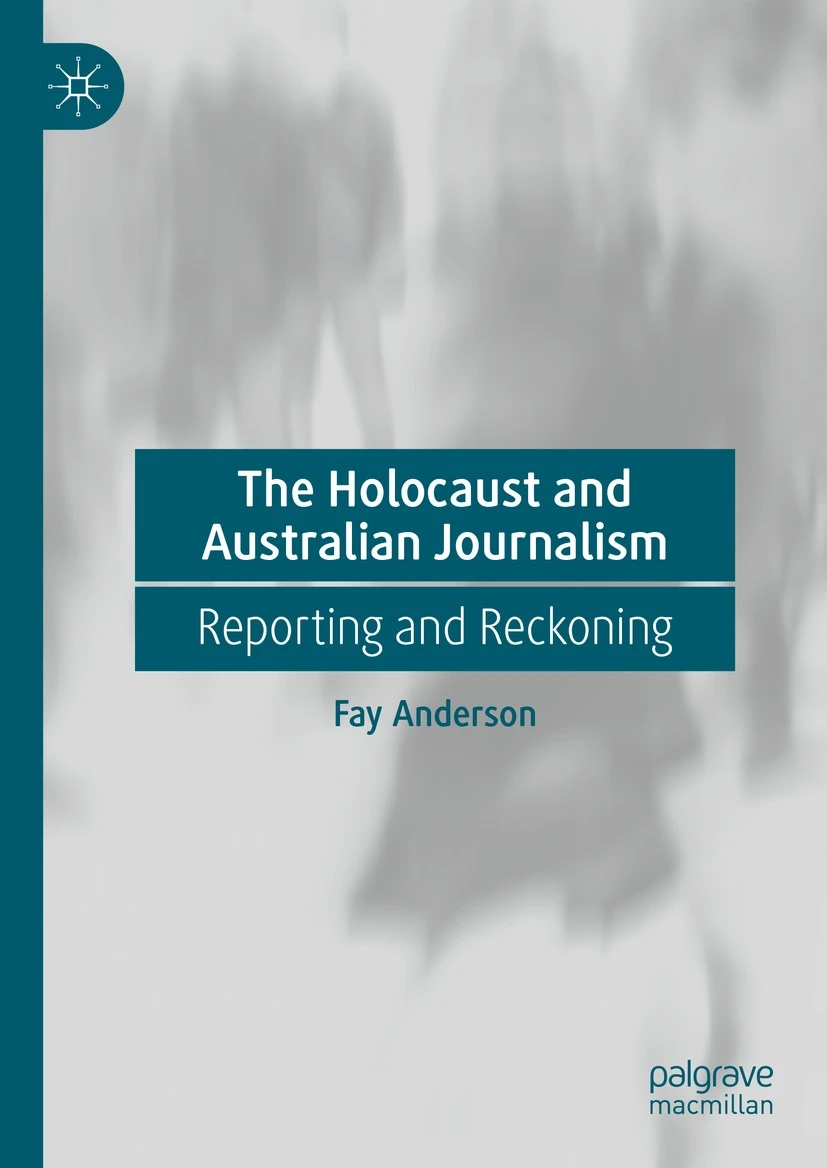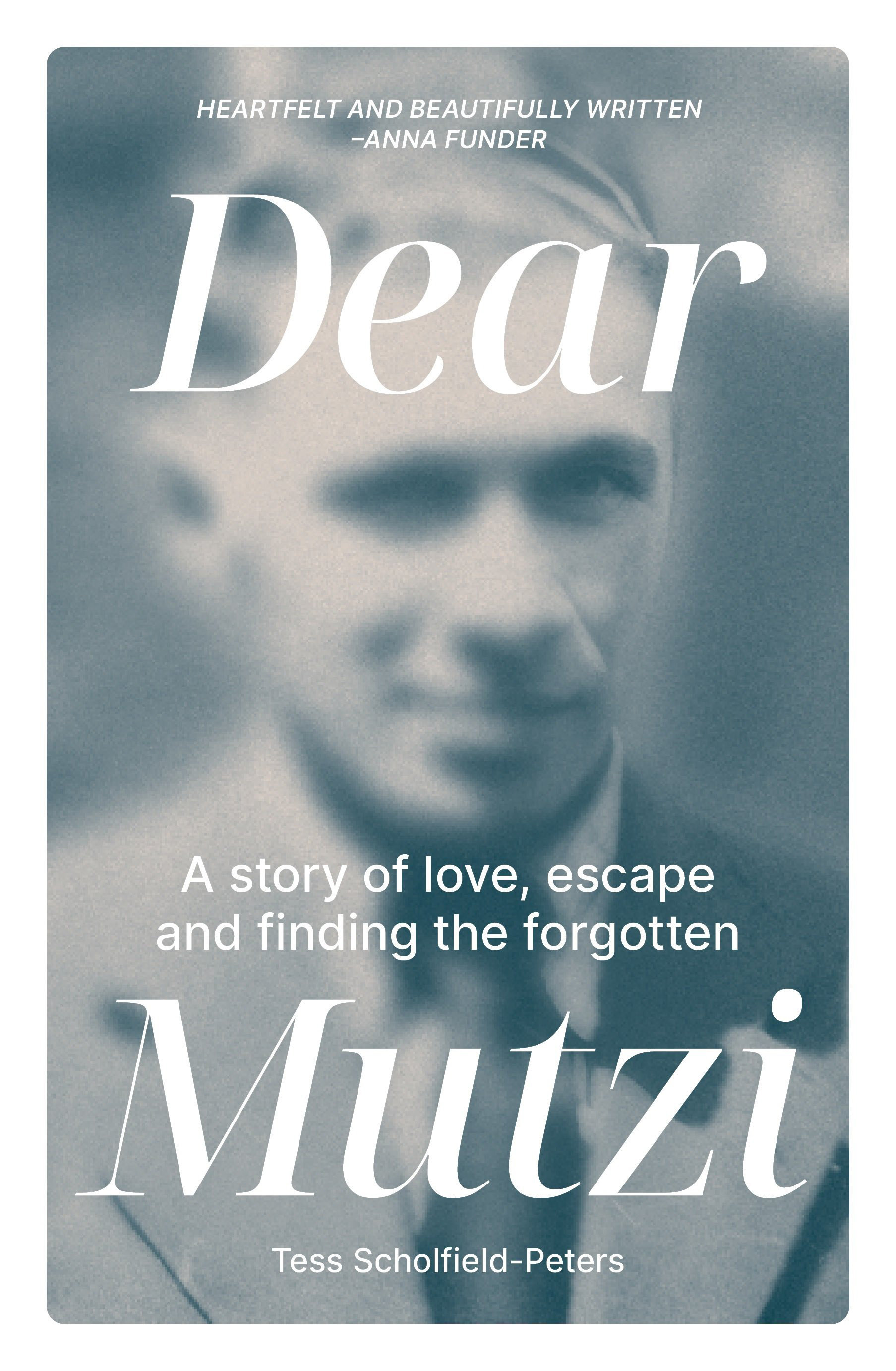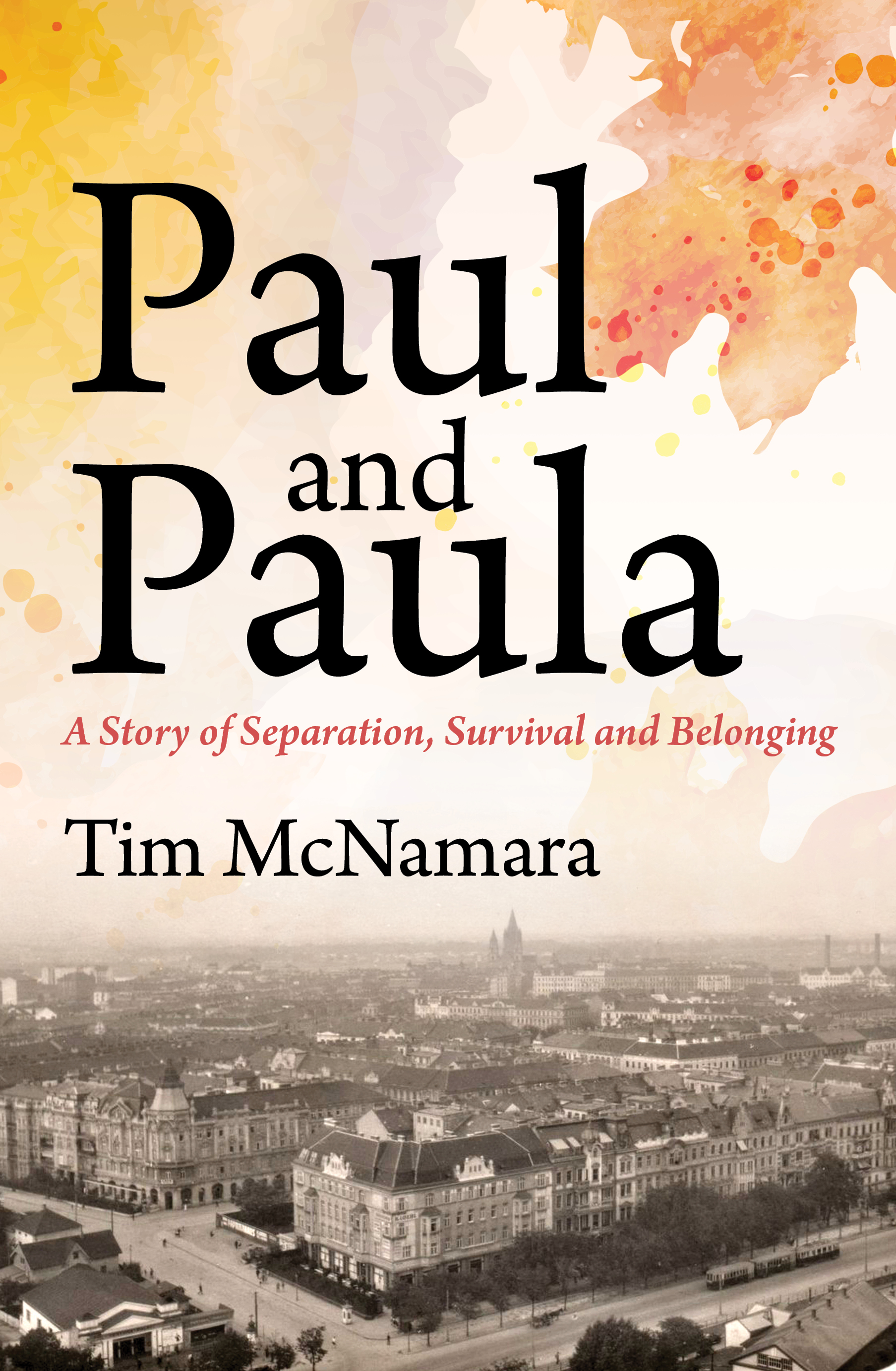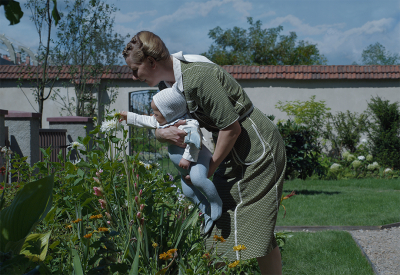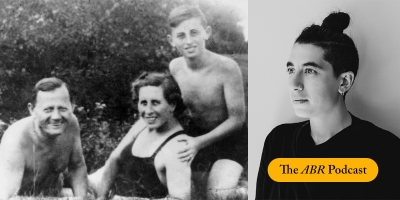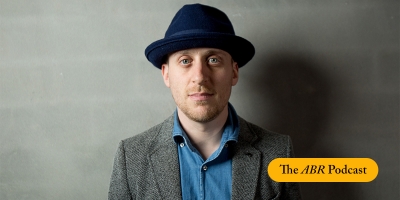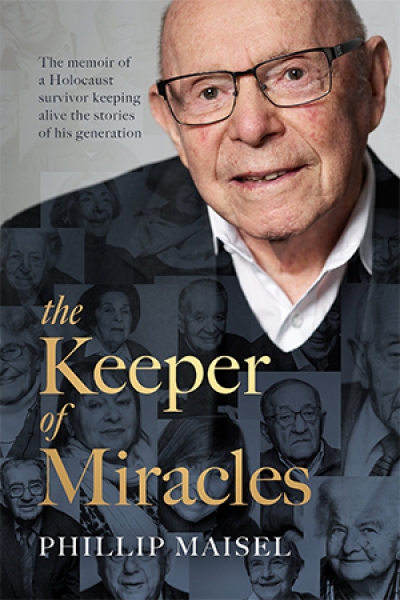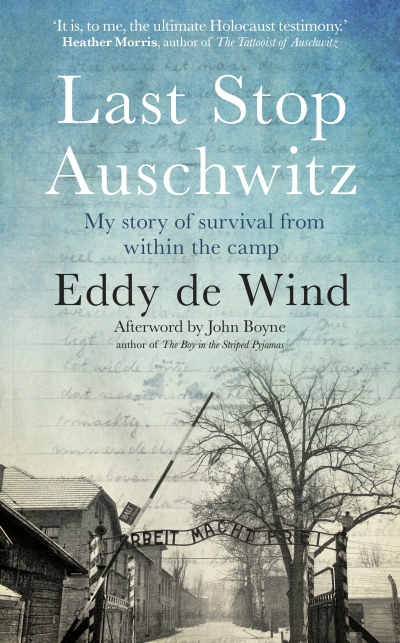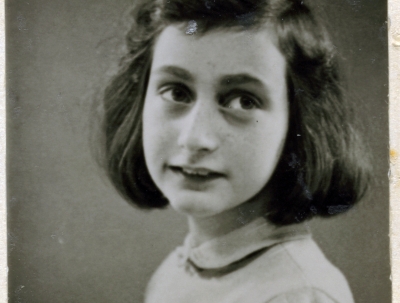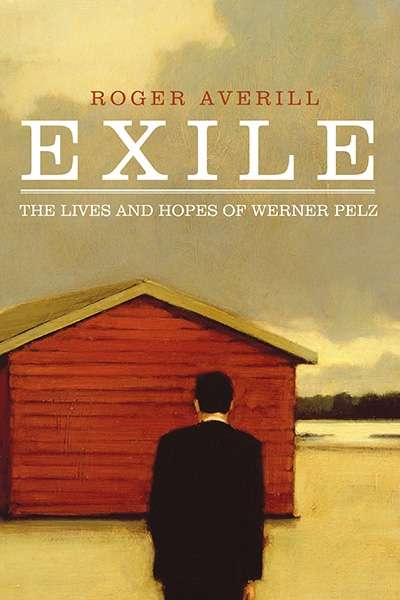Holocaust
Film | Theatre | Art | Opera | Music | Television | Festivals
Welcome to ABR Arts, home to some of Australia's best arts journalism. We review film, theatre, opera, music, television, art exhibitions – and more. To read ABR Arts articles in full, subscribe to ABR or take out an ABR Arts subscription. Both packages give full access to our arts reviews the moment they are published online and to our extensive arts archive.
Meanwhile, the ABR Arts e-newsletter, published every second Tuesday, will keep you up-to-date as to our recent arts reviews.
Recent reviews
The Holocaust and Australian Journalism: Reporting and reckoning by Fay Anderson
Paul and Paula: A history of separation, survival and belonging by Tim McNamara
In Martin Amis’s novel The Zone of Interest (2014), Auschwitz Commandant Paul Doll asserts that to meet the objectives of the Reich it is necessary to ‘shut down a certain zone of the mind. I must accept that we have mobilised the weapons, the wonder weapons, of darkness.’ Doll is not a man seeking to absolve himself. Rather, he attempts to explain his dilemma, lamenting not so much the moral nightmare into which he has been thrust, but the bureaucratic one: how to balance the Reich’s need to exploit the prisoners for their labour with the desire to eradicate them as quickly and efficiently possible? ‘The Christian system of right and wrong, of good and bad,’ he muses, ‘is 1 we categorically reject … There are only positive outcomes and negative outcomes.’
... (read more)The runner-up in this year’s Calibre Essay Prize, Sarah Gory’s essay ‘Ghosts, Ghosts Everywhere’ confronts spectres of the past in order to pose questions about how to live ethically in the present and about what responsibilities we bear towards the future. Drawing on a wide range of writers and thinkers as well as her grandfather’s experience of the Holocaust, Gory plots the process by which one generation’s traumatic suffering becomes another’s imaginative investment.
... (read more)Shortly before Simon Tedeschi’s grandmother, Lucy Gershwin, died sixteen years ago, she recorded a memoir of her wartime years. Gershwin, a Polish Jew, was the only survivor of a family obliterated by the Nazis during the Holocaust. Simon Tedeschi’s powerful essay, ‘This woman my grandmother’, reflects on the moment he decided to read her memoirs and encounter the tragic outlines of a life that remains shaded by a reticence typical of her generation.
... (read more)Last Stop Auschwitz: My story of survival from within the camp by Eddy de Wind, translated by David Colmer
Earlier this year, not being able to find my childhood copy of Anne Frank’s The Diary of a Young Girl for my eldest daughter, I bought another one. It seemed bigger than I had remembered, but the cover had the same recognisable photo of the demurely smiling Anne gazing somewhere into the distance – a wisp of a girl with distinctive dark features that would have made it highly unlikely for her to ‘pass’ as anything other than Jewish. The book bore a label that seemed to be making a dubious claim: ‘The Definitive Edition’. Was it more definitive than the journal I had read when I was a similar age to the girl who wrote it, as my daughter is now?
... (read more)
